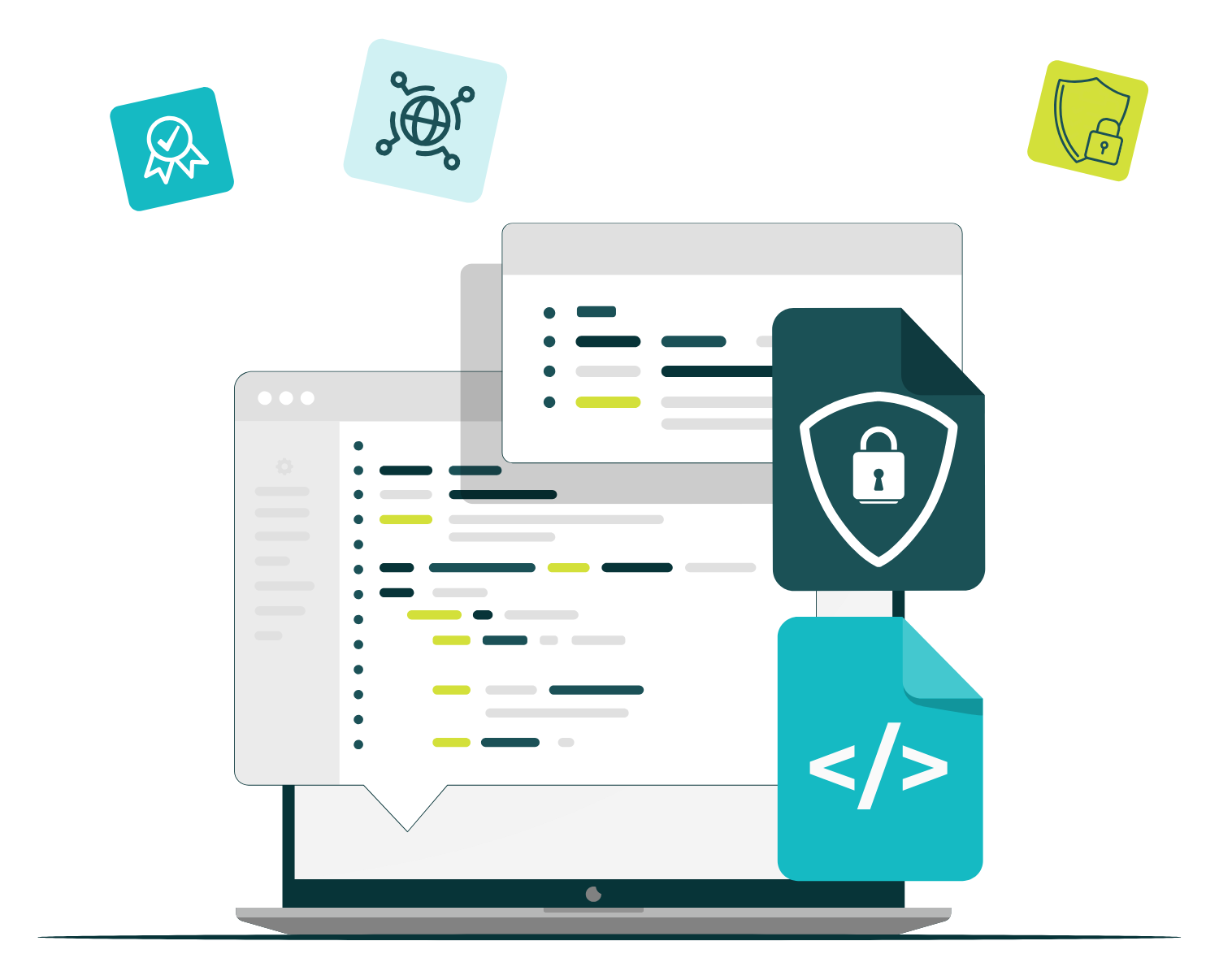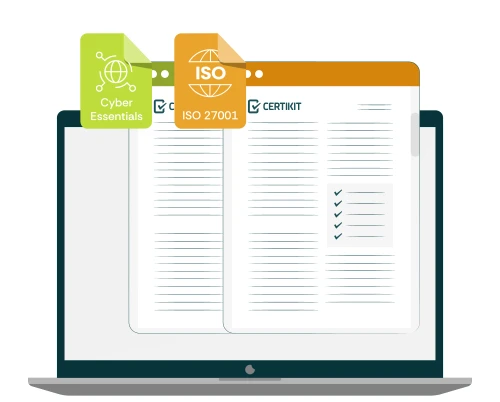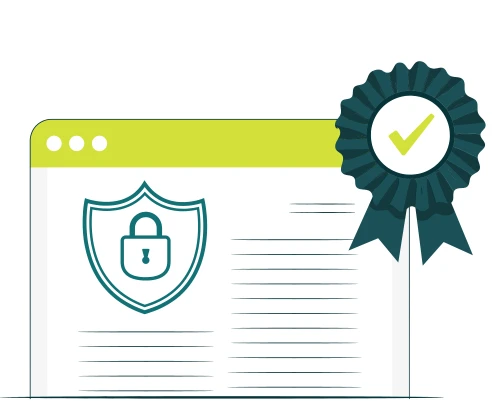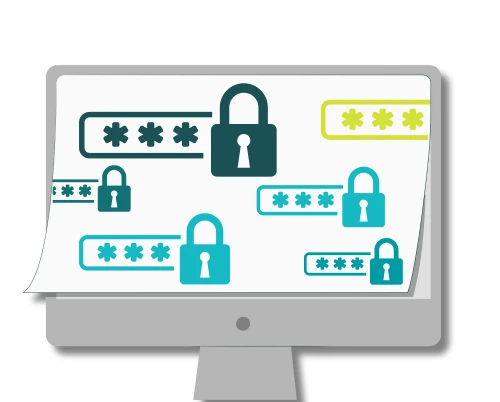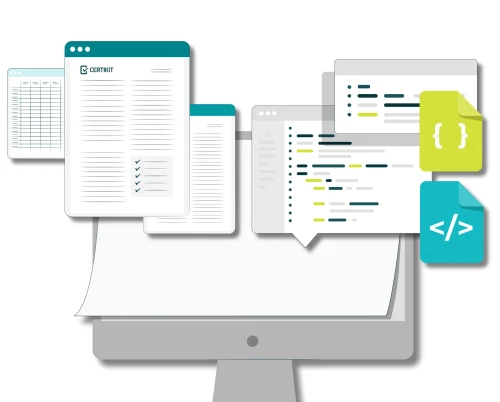As Data Privacy Day (Tuesday 28th January) highlights the importance of safeguarding sensitive information, businesses must stay vigilant against evolving cyber threats.
Protecting company data is not just about compliance—it’s essential for maintaining trust, preventing financial loss, and ensuring business continuity. To help your organisation stay secure, we’ve put together 9 expert tips that will strengthen your defences against cyber risks. From understanding which data privacy laws apply, to strong passwords, to employee training, these best practices will help safeguard your valuable data and keep your company one step ahead of potential threats.
1. Understand which laws apply
The EU GDPR (General Data Protection Regulation) has had a lot of press over the last few years and quite rightly. But it’s not the only privacy game in town. Many other countries have their own privacy laws and if you target their consumers with your goods and services, you’ll need to be compliant. So, the first step is to understand which countries’ laws you need to keep in step with.
The ISO27701:2019 standard for a Privacy Information Management System provides a structured approach for organisations to manage and protect personally identifiable information (PII) while ensuring compliance with data privacy laws.
2. Build a Privacy-First Culture
Employees at all levels should understand the value of safeguarding sensitive information and recognise their role in data privacy. Regular training, discussions about privacy risks, and clear policies can help reinforce the importance of responsible data handling.
3. Focus on data minimisation
Only collect the data you need. By limiting the amount of personal or sensitive data your organisation collects, the risks are reduced.
Businesses should regularly assess their data collection practices, eliminate redundant or outdated information, and ensure that retention policies align with legal and operational requirements.
4. Use due diligence
Cloud computing’s great. In ten minutes, you can sign up to a service and upload all your data and start processing immediately. But is it legal? Without conducting at least a minimum of due diligence (i.e. asking the right questions) you really have no way to know. Where is the data stored? How well will it be protected? Does the contract include the necessary clauses to satisfy the applicable laws? Do some checks (and make sure you keep records) or you may face the consequences later.
5. Know your data
If you’re not sure what data you’re collecting, you can’t say you’re complying with the legislation. In every business area, whether it’s employee details, customer information or some other type of personal data, you need to know what’s needed and how it is processed. This means following the trail of how the data is collected, where it is stored, what it is used for and when and how it is deleted.
6. Use a Password Manager and MFA
Cybercriminals often exploit weak or reused passwords, so to reduce the risk of your organisation falling victim to a cybercrime (and potentially putting your data at risk), we’d advise educating employees on the importance of strong password and multi-factor authentication. This extra layer of security can significantly reduce the risk of unauthorised access.
7. Limit Data Access
Think of your company’s data like a VIP club—only the right people should be allowed past the velvet rope! Giving employees access only to the data and systems they need to do their job minimises the risk of accidental leaks, insider threats, or cybercriminals sneaking in through compromised accounts.
Regularly reviewing and updating permissions ensures that former employees, interns, or even that one guy from marketing who really doesn’t need access to customer databases don’t have unnecessary privileges. By keeping access on a strict need-to-know basis, your company stays safer, and your data stays exactly where it belongs!
8. Encryption is your best friend
Encryption is like putting your sensitive data in a secret vault that only you (and anyone you trust) can open. Without it, your information is accessible to anyone who might want to steal it. When your data is encrypted, even if someone tries to intercept it, it’s unreadable without the right key to unlock it.
This extra layer of protection keeps everything from personal chats to credit card info safe and sound. In a world where data privacy is always at risk, encryption is your digital superhero, keeping your info safe from prying eyes. Use it wherever it’s available (including cloud systems) and guard the keys with your life.
9. Report breaches early and cooperate fully
If something does happen that means that personal data has been compromised then by law you must do the decent thing and tell the relevant authority (for example the Information Commissioner’s Office in the UK). The clock starts ticking as soon as you become aware of the issue so don’t delay; tell them what you know as soon as you know it. The details can be fleshed out as the situation unfolds. Be open and honest with any resulting investigation and fix the issues found in good faith. A read through the details of the prosecutions made under privacy legislation will show you that trying to hide things and then not doing anything about the problem is a recipe for a much bigger fine.
Privacy is a serious business and needn’t be hard if the right attitude is taken. Hopefully these tips will help you to stay compliant and avoid becoming tomorrow’s breach story.

